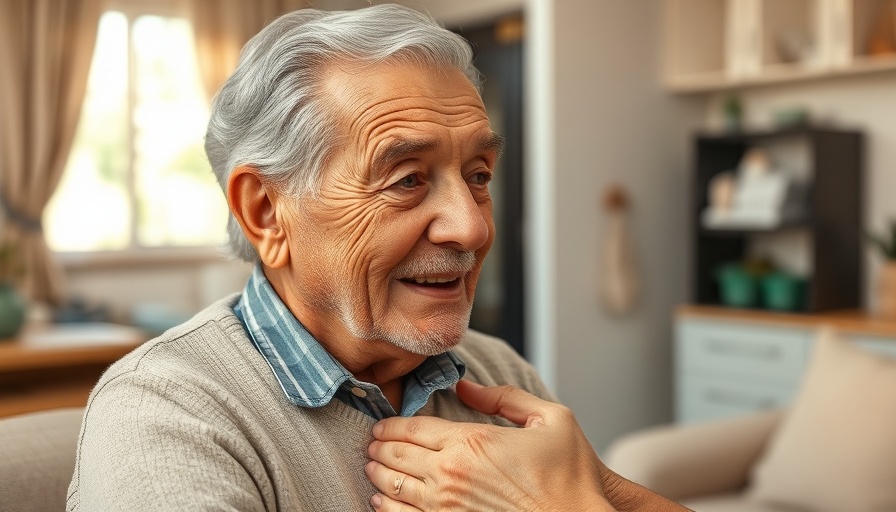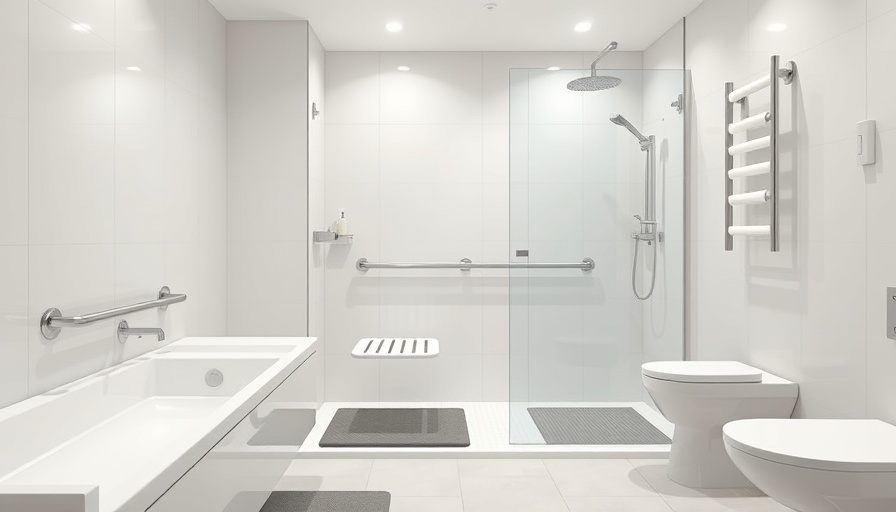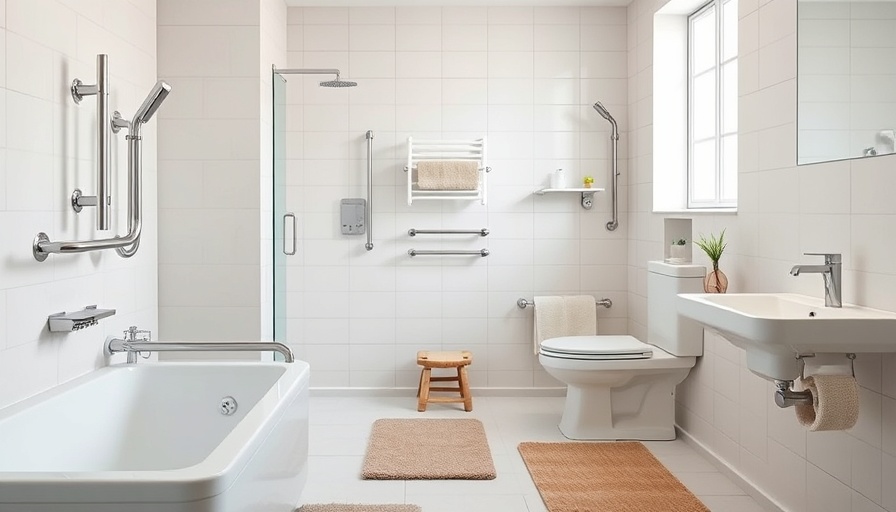
Understanding the Crucial Role of Hygiene in Elder Care
Aging brings a myriad of changes, with personal hygiene becoming an increasing challenge for many elderly individuals. In Toms River, caregivers often find themselves navigating the delicate balance between maintaining healthy practices and respecting the dignity of their loved ones. Proper hygiene is linked not only to physical health, preventing infections and promoting skin integrity but also to mental well-being by enhancing self-esteem and promoting comfort.
The Health Benefits of Regular Bathing for Seniors
Bathing is a cornerstone of good hygiene, particularly for seniors. Health conditions prevalent in older age, such as arthritis, diabetes, and mobility issues, can be exacerbated by inadequate hygiene. Bathing plays a significant role in improving blood circulation and alleviating discomfort associated with these diseases. Additionally, regular baths and showers help wash away dirt and bacteria, crucial for preventing skin infections—issues that can become chronic if not monitored closely. In humid climates like Toms River, this is even more essential.
Creating a Safe and Comfortable Bathing Environment
Safety in the bathroom is paramount for seniors, where simple changes can have profound impacts. Installing non-slip mats, handrails, and shower chairs transforms a potentially hazardous space into one that's welcoming and secure. It's also crucial to ensure the water temperature is comfortable; what seems warm to a caregiver may be too hot for a senior. Using handheld showerheads provides greater control and comfort, allowing seniors to maintain a sense of independence while receiving the necessary assistance.
The Psychological Impact of Bathing on Seniors
Beyond the physical benefits, the act of bathing can significantly influence a senior's mental health. Establishing a consistent bathing routine can create a sense of normalcy and predictability in their lives—a crucial aspect when navigating the challenges of aging. This routine can support mood enhancement and provide feelings of dignity and self-worth. Caregivers must recognize that bathing is more than a hygiene practice; it is an essential activity that fosters emotional well-being.
The Power of Communication During Bathing
Effective communication is vital when assisting elderly loved ones with bathing. Caregivers should foster an environment where seniors feel comfortable expressing their preferences and concerns. Engaging seniors in conversation can create a supportive atmosphere that alleviates anxiety related to bathing. Confirming their comfort with the bathing process reassures them that they are respected and in control, reinforcing their dignity.
Community Resources and Support for Caregivers
In Toms River, various community resources are available for caregivers seeking advice and support regarding elderly care. Local organizations offer workshops, assistive devices, and access to products designed to facilitate elder care. These resources can help caregivers feel more confident and prepared to assist their loved ones effectively.
Conclusion: Prioritize Hygiene for Overall Well-Being
Ultimately, assisting elderly loved ones with bathing goes far beyond mere cleanliness; it directly influences their health and quality of life. Those involved in caring for seniors should emphasize creating a safe bathing environment, understanding the deep psychological effects of challenge, and adhering to effective communication practices. For caregivers in Toms River and beyond, utilizing local services can further facilitate this process, ensuring that the elderly enjoy the dignity and comfort they deserve while promoting hygiene and wellness.
Your engagement and support as caregivers can significantly enhance the lives of elderly individuals in your life. Prioritize hygiene practices and explore available resources to empower both you and your loved ones.
 Add Row
Add Row  Add
Add 




 Add Row
Add Row  Add
Add 

Write A Comment